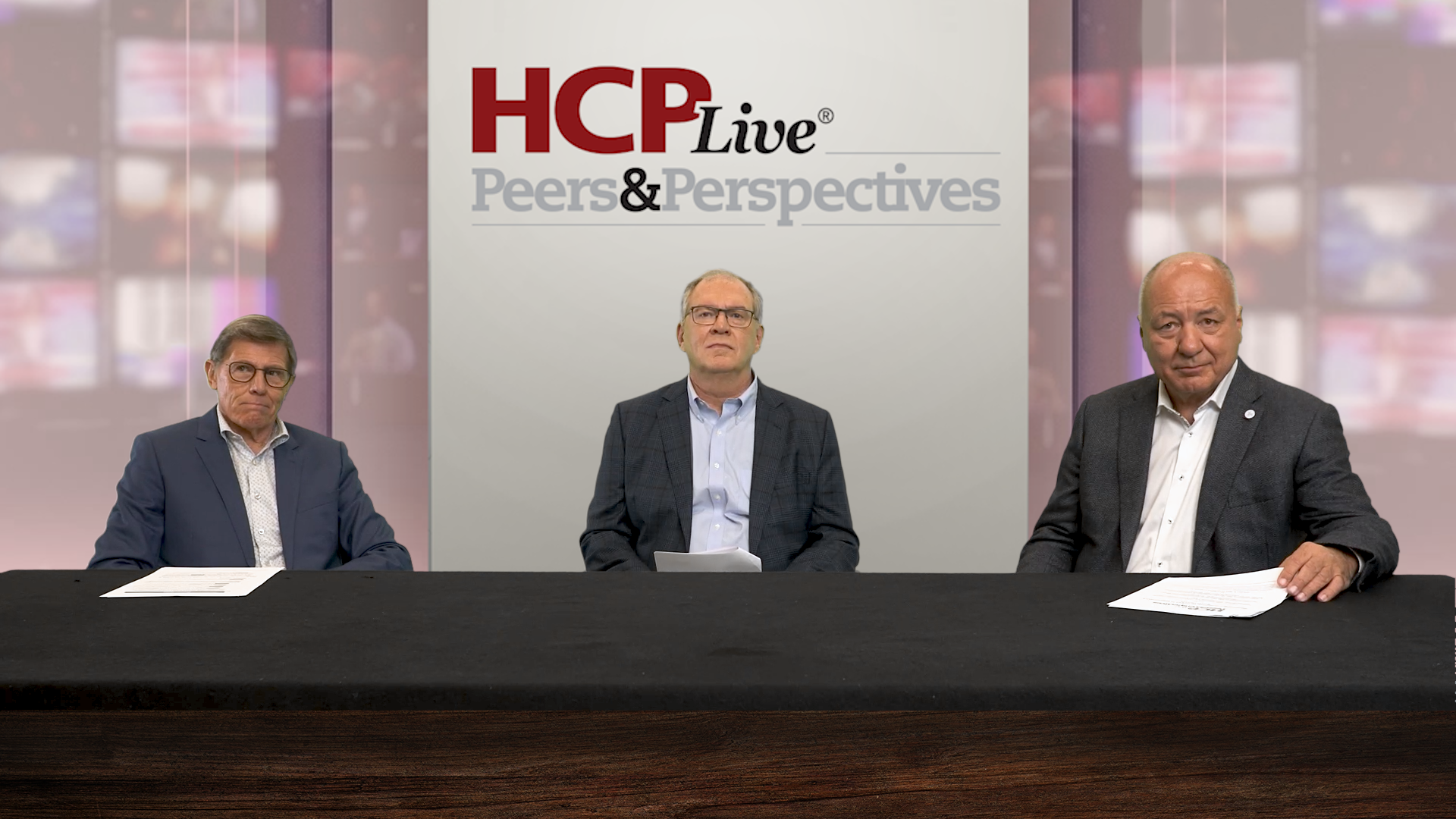A recent episode of the Peers & Perspectives series highlighted new strategies for managing Inflammatory Bowel Disease (IBD), focusing on the need to redefine treatment endpoints. The discussion underscored that traditional markers, such as symptom relief, are increasingly being complemented by objective measures, including endoscopic and histologic healing. This change aims to provide a clearer picture of treatment effectiveness and its impact on patients’ quality of life.
The conversation also addressed the challenges associated with implementing these advanced endpoints in clinical practice. Clinicians must balance diagnostic precision with the availability of resources and the need for patient accessibility. The integration of these measures is crucial for achieving deeper healing, which is linked to sustained remission and improved overall well-being.
Early Intervention Strategies and Their Benefits
Building on the foundation of redefining remission, the program explored early intervention strategies and their potential to alter the disease trajectory for IBD patients. Recent studies indicate that starting advanced therapy earlier can lead to significantly better outcomes in both the short and long term.
Identifying high-risk individuals before severe symptoms develop is essential. Tailoring therapy based on disease phenotype, risk profile, and treatment goals ensures that patients receive the most effective care. The episode compared established and emerging treatment options, including biologics, JAK inhibitors, S1P receptor modulators, and IL-23 inhibitors. These comparisons aim to equip clinicians with the necessary insights to navigate the evolving treatment landscape confidently.
Looking Ahead: The Future of IBD Management
The program concluded with a forward-looking perspective on the future of IBD management, emphasizing the importance of predictive medicine. This approach is expected to incorporate novel biomarkers, genetic insights, and multi-omics data to transform patient diagnosis, stratification, and monitoring.
These advancements will enable clinicians to adopt more personalized, preventative, and data-driven approaches to care. The discussion also highlighted critical clinical research priorities. There is an ongoing need for innovation in treatment endpoints, combination therapy trials, and patient-centered outcome measures, all of which will shape the next generation of IBD care.
As the landscape of IBD treatment continues to evolve, the insights provided in this episode of the Peers & Perspectives series underscore the growing importance of deeper healing and early intervention strategies in improving patient outcomes.
